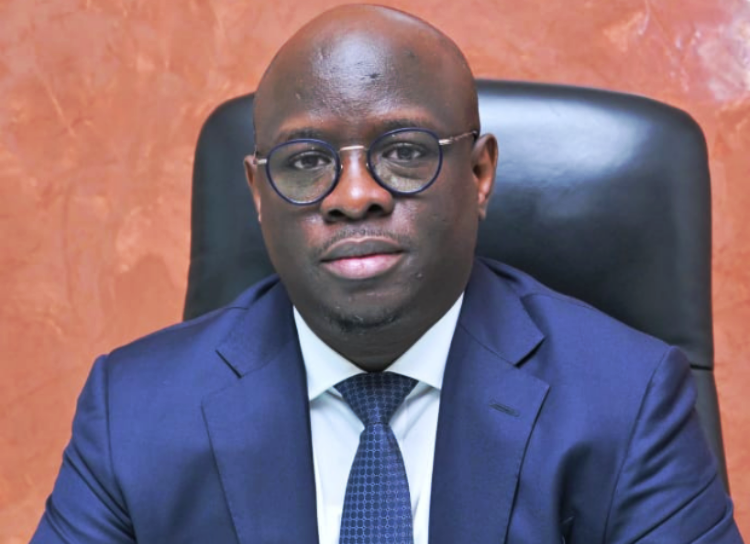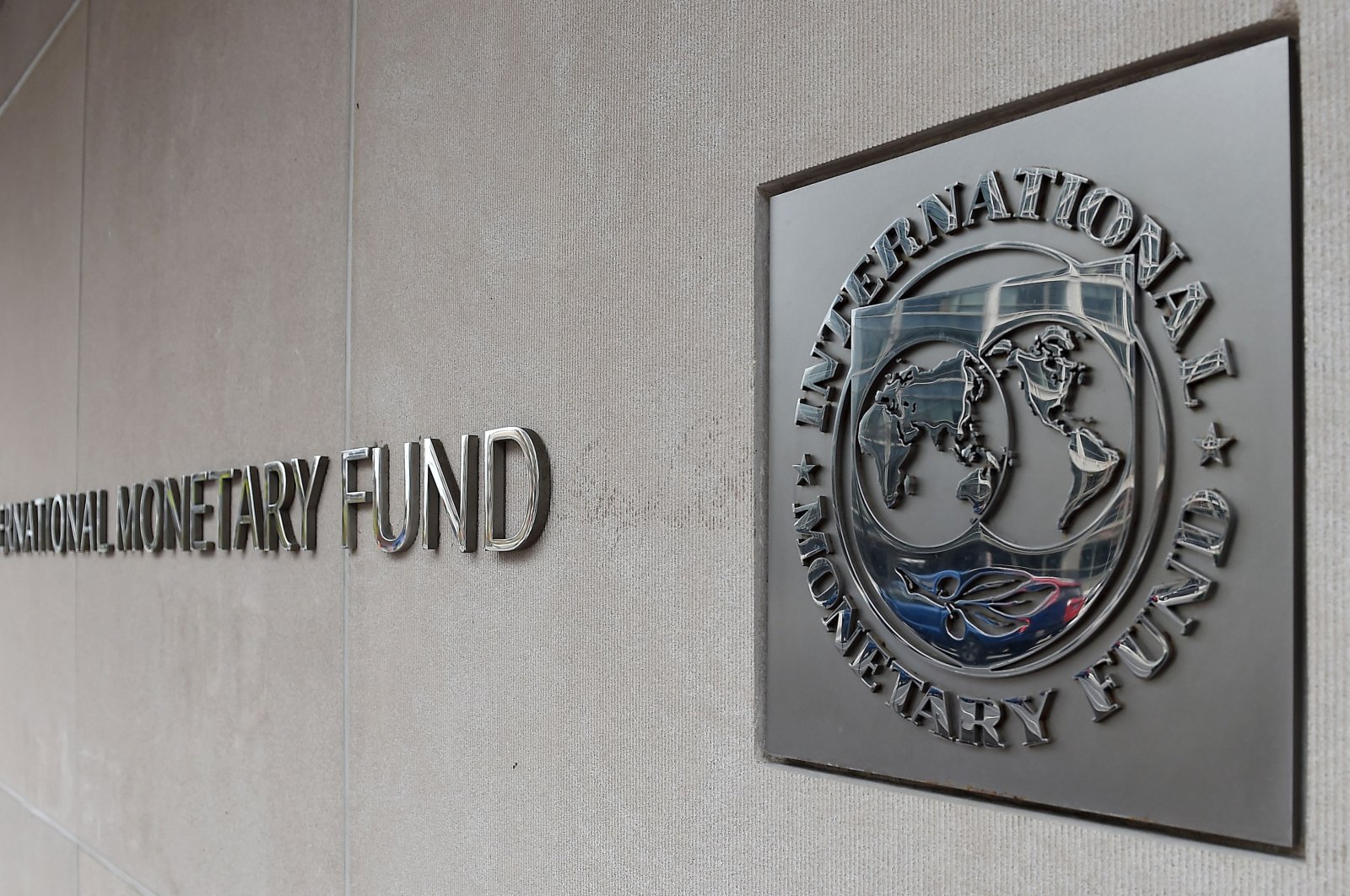Gambiaj.com – (BANJUL, The Gambia) – The International Monetary Fund (IMF) on Tuesday pressed Senegal’s new authorities to fully disclose the extent and mechanics of misreported debts under the previous administration, as the country’s new leadership prepares an urgent recovery plan amid deepening financial strain.
Senegal’s relations with the IMF have been under stress since last year, when the Fund suspended disbursements under its program after an audit commissioned by President Bassirou Diomaye Faye revealed that the former government had significantly understated its fiscal deficits.
The investigation showed that Senegal’s public debt at the end of 2023 was closer to 100% of gross domestic product—far above the previously reported 74%.
The IMF’s Director for Africa, Abebe Aemro Selassie, said on Tuesday that the Fund remains engaged with Dakar but is awaiting detailed information about both the scale of the misreporting and the methods used to conceal it.
“We’re waiting for the government to share with us basically the final numbers and the key issues that they’ve identified,” Selassie said at the Africa Debate forum in London. He stressed that the Fund needs clarity on “what avenues were used” to hide debts during an active program.
The mounting scrutiny coincided with a major address by Prime Minister Ousmane Sonko, who streamed a speech on social media Tuesday night pledging full transparency and a national recovery plan. He announced that the government would soon unveil a detailed strategy to restore Senegal’s financial credibility.
“We will explain what we expect from the people, how the state must reduce its spending, and how to proceed with our partners,” Sonko said, signaling sharp fiscal reforms and possible belt-tightening.
Beyond domestic audits, Senegal has recruited the French auditing firm Mazars to conduct a creditor-by-creditor inventory of its public debt.
This unprecedented step reflects both the gravity of the crisis and the Faye administration’s bid to repair trust with creditors.
While official IMF figures cited the 2023 debt-to-GDP ratio at around 100%, some independent estimates, including from Africa Business+, suggest it may now be as high as 120%—placing Senegal in the league of Africa’s most heavily indebted nations.
Analysts say the IMF’s focus on how the debts were hidden could carry serious consequences. If evidence shows that the previous government deliberately misled the IMF during its program, Senegal could face tighter lending conditions and reputational damage on global markets.
Still, the IMF has signaled a willingness to resume cooperation if the Faye government comes clean and adopts credible corrective measures.
“The key is transparency,” a regional economist noted. “This is not just about numbers but about restoring confidence between Senegal and its financial partners.”
With Senegal’s economy already weighed down by slower growth and high inflation, the stakes for Sonko’s forthcoming recovery plan—and for full disclosure—could hardly be higher.










